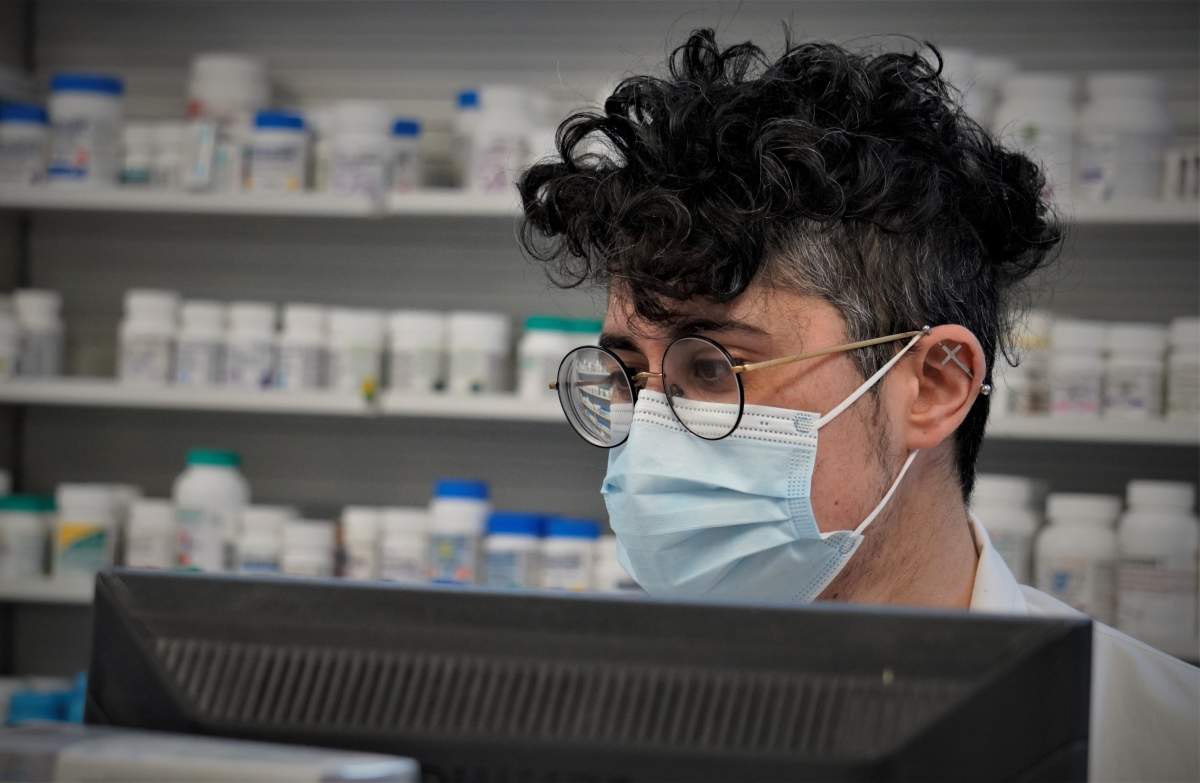A recent tainted drug alert warning from Nova Scotia’s health authority is renewing conversations around harm reduction tools that are free, accessible, and can save lives.

“I’d say everybody should have Naloxone. That’s even people who don’t use drugs because the reality is you could be walking down the street and see somebody overdose,” said Landon Morton, a peer support worker with Mainline Needle Exchange in Halifax.
“Or a loved one who could be prescribed opioids, like your grandmother for a hip replacement. It’s very easy for somebody to accidentally take more.”
On March 15, Nova Scotia Health issued a drug alert warning about a batch of MDMA, or Molly, recently testing positive for fentanyl.
Having access to Naloxone is one of the recommendations included in the warning to help keep people safe.

The provincial government launched the Take Home Naloxone Kit program in 2017, which includes free of charge access to kits in pharmacies across Nova Scotia.

Get weekly health news
“You don’t have to give any information, you don’t give a Nova Scotia health card. If I ask you a question like, ‘Have you used it before?’ It’s not to gain information for myself or to disseminate, it’s so that I know where to meet you with my explanation of it,” said Alex Hosein, the manager of Scotia Pharmacy on Gottingen Street.
Hosein said if anyone is nervous about asking for a kit, they can request a private conversation with a pharmacist.
“We’re trained to have these conversations, we’re experienced in having these conversations,” they said.
Ninety-one people died of a fatal substance overdose in 2021, according to preliminary data from the Nova Scotia Medical Examiner’s Office.
Nova Scotia Health issued roughly 25 drug alerts between Jan. 1 and Dec. 31 last year.









Comments
Want to discuss? Please read our Commenting Policy first.